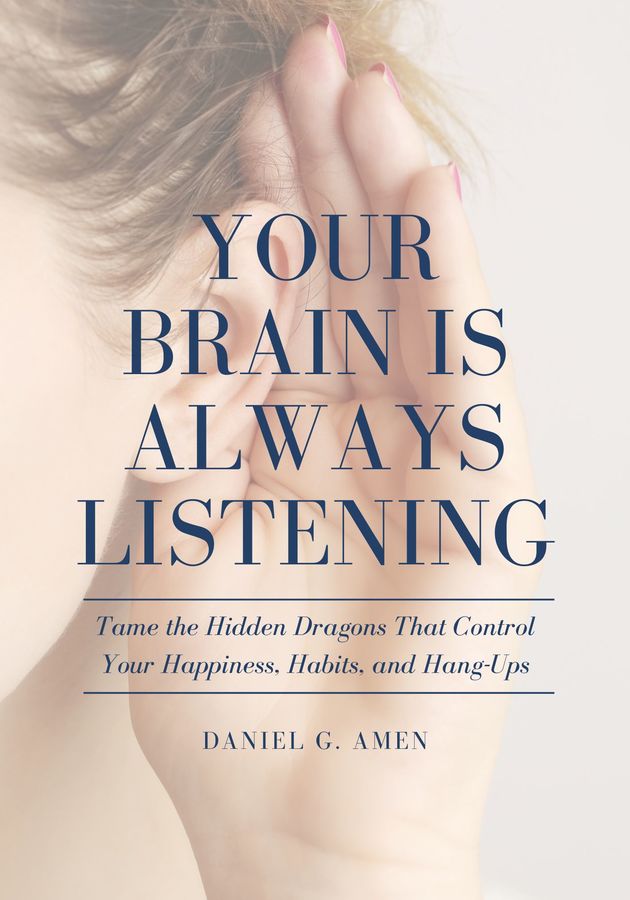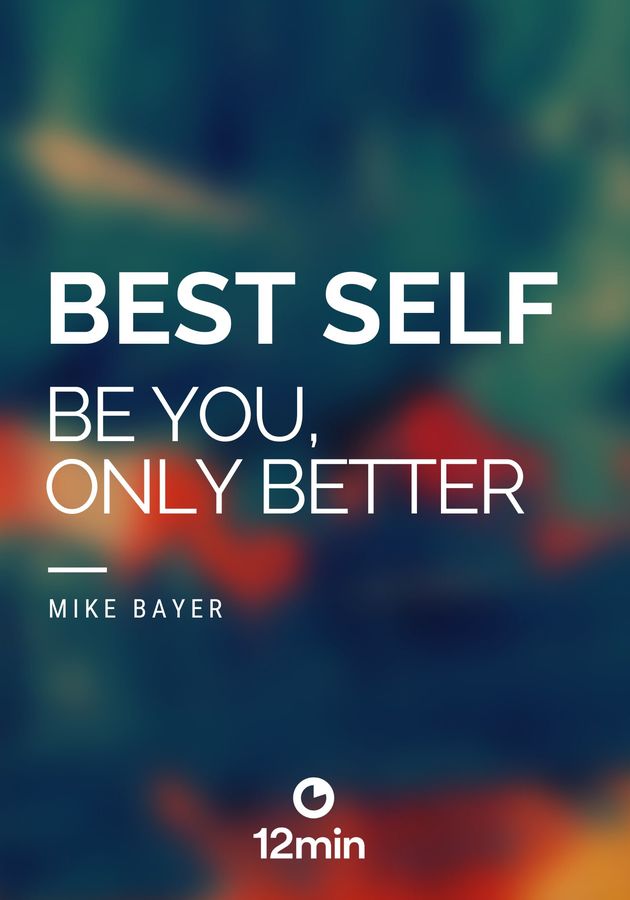Do you find yourself constantly checking your Instagram or Facebook when, in reality, you should be working on something? You’re not alone in that. As Newport observes, we live in a world that continually distracts us. But if we want to truly achieve excellence in this age of procrastination, we’ll have to learn to concentrate. How? Read on and get ready to learn how you can achieve true mastery through deep work.
What is deep work?
In 1922, at the height of his early career, psychiatrist Carl Jung decided to build a two-story tower in the woods on the banks of Lake Zurich. He would use the reclusion of this tower to immerse himself in his work and eventually became one of the most influential thinkers of the 20th century.
Jung’s ability to commit to “deep work” undoubtedly played a big part in this: deep work is a term coined by Newport and describes professional activities performed in a distraction-free state that pushes your cognitive capabilities to the limit. The benefits of deep work are immeasurable: they allow you to achieve mastery in any given subject and to create new and unique value.
Deep work can actually have the same effect on our cognitive ability as holding three Ivy League degrees! And allowing for deep work in our lives will hone our ability to focus on what’s most important while drowning out “that background hum of nervous mental energy that seems to increasingly pervade people’s daily lives.”
Why do we need deep work?
Sadly, in our modern information economy, deep work is harder than ever to achieve. We are constantly distracted, be this by open-plan offices or by social media and other network tools. On top of that, much of our work these days is taken up by so-called shallow work: “Non-cognitively demanding, logistical-style tasks, often performed while distracted.”
Shallow tasks are the kind of tasks that the Industrial Revolution often required of its workers. Modern knowledge workers have to go deep, however, to learn new skills and to keep improving in an ever-changing world. McKinsey found in 2012 that the average knowledge worker now spends more than 60% of their workweek engaged in shallow tasks such as browsing the internet and answering emails. So, network tools actually push us from deep to shallow work. And once used to such distraction, it’s hard to reverse the process.
To keep track of modern technology, however, and to advance in an ever-changing economy, it is essential that we quickly learn new and complicated skills. This requires deep work. Additionally, these days, the internet allows for a lot more competition, which means that to succeed, we need to produce our best work. This, too, can only be achieved through deep work. So paradoxically, the technology keeping us from achieving a state of deep work is the very same one requiring our capability for it.
Be comfortable with boredom
The benefits of deep work are self-evident, but it can be difficult to achieve this state when having to react continuously to other daily demands.
Our urge to be distracted and to “turn to something more superficial” was actually proven in a 2012 study by Baumeister and Hofmann: adults fight desires all the time when working. Particularly the internet and social media provide a strong lure. To withstand these urges becomes increasingly more difficult with time since each and every one of us only has a finite amount of willpower at their disposal. This is why the ability to work deeply demands training.
To be successful at becoming totally engrossed in your work, you need to learn to be comfortable with boredom. If you train yourself to get to a place of deep work but otherwise jump to distract yourself at the first sight of boredom, you won’t be able to shake off your addiction to distraction.
If we get used to the constant switching of attention online, for example, this harms our brains, as Nass found: “People who multitask all the time can’t filter out irrelevancy.” This means that our brains get wired for distraction, and we get addicted to it, hindering our chances of achieving deep concentration. The same rule applies when using every free moment to look at our phones.
You can train yourself to avoid distractions. Set yourself a hard deadline when working on a task requiring deep focus. Think about how much time you would usually set apart to do this and then challenge yourself to achieve it in less time. This will mean that no distractions can keep you from work.
Dealing with online distractions
In 2013, author and digital media consultant Baratunde Thurston decided to go on a 25-day social media break. He enjoyed the new sense of quietness in his days and focused more deeply on the things he was doing.
This kind of “internet sabbath” is typical for the “take it or leave it” approach society adopts these days toward social media and other network tools – either you use them or you don’t. Most people do not see a middle way of dealing with the distractions provided by the internet. But let’s face it. We’re hardly going to give up on the internet, so we need to find a way to deal with it in a manner that still allows for our deep work.
Social media is designed to hook us and make us addicted, so it is important to see it in a different light. Many of us have adopted an “any-benefit mindset” when it comes to network tools, meaning that if they have any benefit at all, however small, we will be using them. It is important to see these networks for what they are: tools to enhance our performance. So, we should approach the question of using them in the way a craftsman would: only use them if their positive impact outweighs the negative ones.
A practical way of doing so is by identifying the main high-level goals in your life, both professional and personal. Then list the two or three most important activities to help you achieve each goal. Finally, evaluate the network tools you currently use and outline whether these have a positive or negative impact on said activities. Only keep using the tool if its substantial positive impacts outweigh the negative ones. In short, be mindful of your use of social media, and use it in a way dictated by you – do not let your life be dictated by it.
Getting rid of shallow work
A software company named 37signals decided to shorten their workweek from five days to four in 2007. Following the change, employees were still getting the same amount of work done because they were now more deeply focused on their work in the four days they were working. As co-founder Fried explained it: “Fewer official working hours helps squeeze the fat out of the typical workweek.” Shallow work – such as meetings, answering emails, appointments, and answering calls – can easily consume an eight-hour workday. On top of that, even in our private lives, we spend much of our time on autopilot, such as while watching TV.
To eliminate shallow work from your own work schedule, you can try and break up your workday into one-hour chunks at the beginning of the day. Then, allocate your tasks to the respective hours of the day. Your schedule shouldn’t be set in stone: unscheduled events will likely interrupt you, or you might take longer to complete a task. Simply revise your schedule at the next possible moment. This approach teaches you to treat your time with respect, an unavoidable prerequisite for successful deep working.
If you’re having troubles determining which tasks of your workday are shallow work, ask yourself the following question: “How long would it take (in months) to train a smart recent college graduate with no specialized training in my field to complete this task?” Many months of training would indicate the need for deep work.
In preparation for his new job as a professor, Newport also decided to train his deep work muscle. He would assign the shallow work tasks to the periphery of his work schedule, making way for more deep work, and would also seek out quiet places to do this work. This conscious effort not only preserved his research productivity, but it also improved it.
Six strategies to maximize your deep work
There are six strategies to maximize the amount of your deep work. Firstly, it can be helpful to decide on your “depth philosophy”: how do you want to integrate deep work into your schedule? For example, do you want to eliminate all shallow obligations, or do you want to divide your time between shallow and deep work?
Secondly, build a routine around your deep work. Determine where you work and for how long, how you work once you’ve started, and how you support your work. You need to make sure your brain gets the energy it needs to complete deep work, which for you might entail access to coffee or food.
Thirdly, make grand gestures. Consider the example of J.K. Rowling: while working on the final “Harry Potter” novel, she could not concentrate at her home thanks to her small children, her dog, and construction workers. So she decided to book herself into the expensive, five-star Balmoral Hotel in Edinburgh city center for a couple of hours every day. This allowed her to fully concentrate on her work, and it was where she eventually finished writing ”Harry Potter and the Deathly Hallows.” You don’t have to stay in a five-star hotel to achieve your deep work, but you should be willing to make a radical change to your normal environment to support your deep work!
Fourthly, don’t work alone. While at first, deep work and collaboration seem to be completely at odds, it is possible to fruitfully combine the two. In some cases, working with someone else on a problem can actually push you toward more depth. However, be sensible when it is conducive to your work to collaborate with others.
Another way of ensuring deep work is to treat it like a business plan: focus on the most important tasks, and take note of the time you spend in deep work, rather than being driven by results. It will actually increase your productivity.
And finally, be lazy! As odd as this sounds, essayist and cartoonist Tim Kreider went on a retreat to a place without the internet and TV for a while, which gave him the inspiration and energy needed to complete the deep work of writing. You can achieve the same by setting aside time in your day when you do not focus on professional tasks.
Final Notes
To achieve anything in today’s world, it is important to learn the skill of deep work. Thus, we become more productive and achieve excellence in our chosen subjects. We should aim to eliminate distractions and question our use of network tools.
Newport’s “Deep Work” has been lauded by fellow self-help authors such as Seth Godin: “Cal Newport is a clear voice in a sea of noise, bringing science and passion in equal measure. We don’t need more clicks, more cats, and more emojis. We need brave work, work that happens when we refuse to avert our eyes.”
12min Tip
Next time you need to fully immerse yourself in a task, find a quiet space, unplug your internet, and leave your phone in a different room! Will you be more productive?




























